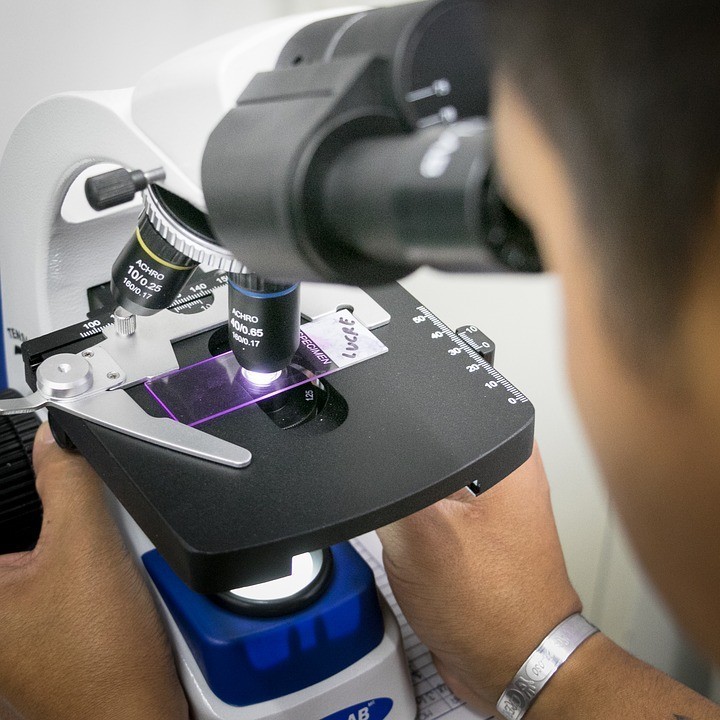The Russian scientists have found out drug resistance in fungi

Geneticists from Sechenov University and Moscow State University have found out the reason why many pathogenic fungi become resistant to the new drugs. Its research findings were presented in the Scientific Reports journal.
Problem of the so- called "superbacterias", microbes which are resistant to one or more antibiotics, has become more and more serious in recent years. Among these are not only rare, but also common and dangerous pathogens, such as Staphylococcus aureus or Pneumococcus.
In addition to microbes the pathogenic fungi (Scab pathogens and Candida albicans, ergot fungi and some other fungi as well) which are parasitic on plants, are also immune to the new drugs. Unlike microbes that neutralize antibiotic molecules, fungi just pump out poison from the cells back into environment before they could do anything.
Two years ago the researchers have already tried to solve this problem by giving full load of meaningless work to pumps, and hiding toxic substances inside mitochondria of fungi (separate parts of a cell, that may be regarded as their"power stations"). The mechanism that helps to detect poison molecules in mitochondria is still unknown, but is planned to be determined in the nearest future.
These experiments will be conducted not only on harmless yeast, but also on pathogenic fungi such as Candida albicans. And the research results will help to protect not only harvest but also human body.

